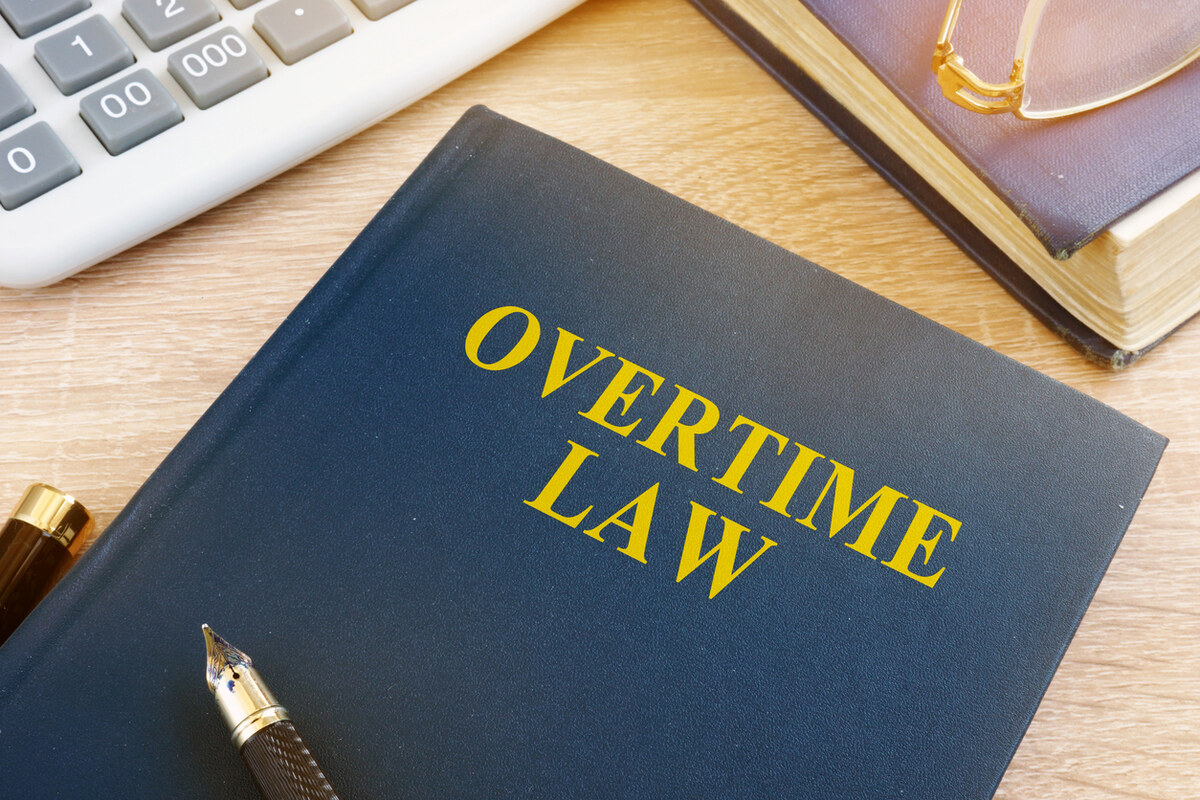Class Action v. Barnes & Noble Has Roots in California Labor Lawsuit

The lawsuit is being fought as a violation of the Fair Labor Standards Act (FLSA). According to court documents, prior to 2005, Barnes & Noble classified all its assistant store managers as FLSA exempt, which meant they did not qualify for overtime pay for hours worked over and above a standard workday or workweek. Most managers, who are paid a salary and perform managerial tasks, are properly exempt in this fashion. However, Barnes & Noble was hit with a lawsuit in California citing violations of California labor law when the assistant store managers cried foul.
The assistant store managers in the California case alleged they did indeed perform tasks that were non-managerial in nature. They also, even with the title of assistant manager, had no authority over other personnel.
That California labor lawsuit prompted Barnes & Noble to reclassify its assistant managers in California as nonexempt - meaning they could qualify for overtime pay. However, it’s been reported that Barnes & Noble did not make that same change elsewhere in the country until much later.
Eventually, Barnes & Noble reclassified all of its assistant mangers at locations in other states to nonexempt. That happened in 2010, and was the basis for Barnes & Noble to petition for summary judgment in the lawsuit that was originally brought in 2005 as an action citing California labor code. To wit, the alleged FLSA violations ended in June 2010, but the wider lawsuit was not filed until January 2013. The defendants cited the lawsuit as falling outside of the FLSA’s two-year statute of limitations, and thus was time-barred.
Not necessarily so, said US District Court Judge John Koeltl. That’s because the FLSA two-year limit extends to three years if there is proof, evidence or suspicion that the violation was willful. And given that Barnes & Noble had reclassified assistant managers in California as the result of California and labor law in the Golden State, but had not done so for a period of five years nationally, suggests that there “is at least some evidence that a jury could consider on the issue of willfulness,” the judge said.
The three named plaintiffs in the current lawsuit based out of New York (after having its roots in California labor employment law) are former assistant store managers for Barnes & Noble. The plaintiffs note that they did perform some activities that could be interpreted as the type of work typically performed by a manager. However, they also said the tasks they performed were more routine in nature - and that they also performed tasks performed by other nonexempt employees, such as working cash or handling product returns.
The case is Steven Trimer et al. v. Barnes & Noble Inc. et al., Case No. 1:13-cv-00579, in the US District Court for the Southern District of New York.











No Comments